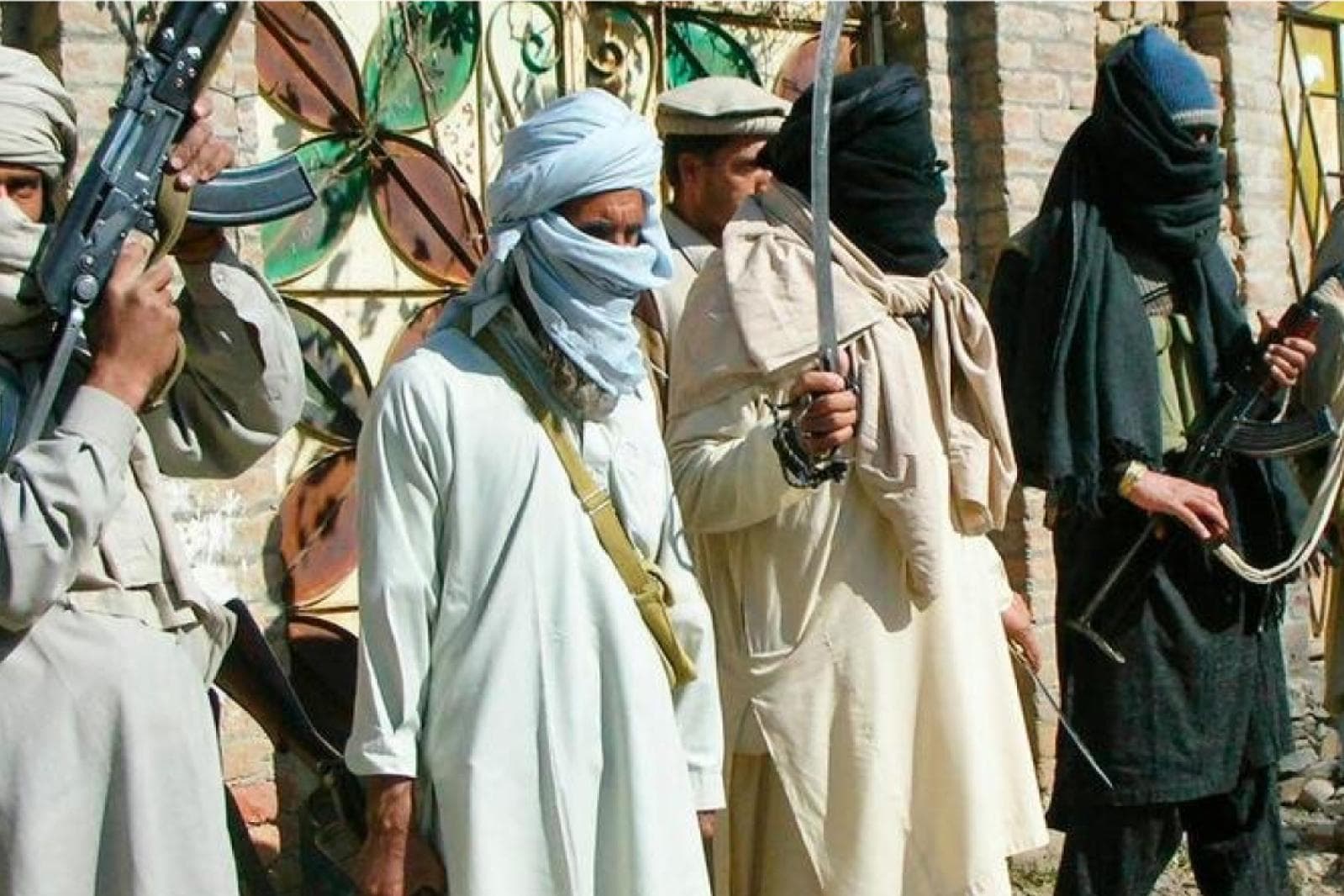Pakistan's Reckoning with Homegrown Extremism: A Harsh Legacy of Violence

The recent failed terrorist attack on the Mianwali Training Air Base in Pakistan starkly highlights the ongoing struggle of the country with extremism—a phenomenon that, paradoxically, has roots intertwined with its own historical strategies. On November 4, 2023, the Pakistan Air Force base experienced a brazen assault, which Pakistani forces managed to repel, neutralizing three attackers and cornering others. Despite the success in averting a major disaster, the attack did result in damage to grounded aircraft and a fuel bowser, signalling a glaring security breach.
The Tehrik-i-Taliban Pakistan (TTP), a group that has benefited from Pakistan's complicated history of being a State sponsor of terrorism, has seen a resurgence. In an ironic twist, the monster that Pakistan had a hand in creating and unleashing against its neighbours is now gnawing at its own roots. There's an inescapable irony that the Pakistani establishment, which once supported the Taliban's rise to power in neighbouring Afghanistan, is now facing a potent threat from the same quarters.
The Emergence of a Frankenstein's Monster:
The TTP, known for its brutal campaigns within Pakistan, is now being logistically supported by the Afghan Taliban—a regime that came into power with the alleged backing of the Pakistan Army and its intelligence services. These services, historically, have nurtured terrorist groups for proxy warfare, primarily against India in Jammu & Kashmir. The tactics once celebrated as strategic assets have boomeranged, manifesting as internal security challenges for Pakistan.
Recent evidence suggests that the Afghan Taliban is repaying its erstwhile allies by aiding the TTP, facilitating their movements with military-grade helicopters and vehicles, allowing the TTP to mount operations on Pakistani soil.
Facing the Consequences:
The attack on the Mianwali base is a microcosm of a larger problem, where Pakistan is battling the spectre of terrorism and Islamic extremism that it once thought it could control. The incident serves as a sobering reminder that the line between ally and adversary in the realm of Islamic extremism is perilously thin.
This complex situation is compounded by the reality that Pakistan's military strategy of cultivating Islamic extremist proxies has reached a critical juncture where the former proxies no longer recognize the patronage of their creators.
Now, Pakistan finds itself in a precarious position, having to fortify its own defences against the terrorists it helped train, while also facing international scrutiny for its past and current roles in the region's instability.
A Call for Comprehensive Action:
In light of the urgent threat, the Pakistani state is compelled to declare its intent to undertake robust action against not just the TTP insurgents, but also the Afghan Taliban, who are emerging as facilitators of terror against Pakistan.
This critical situation necessitates a reassessment of Pakistan's security and foreign policies, with a focus on disentangling itself from the web of extremism that now threatens its own sovereignty.
It underscores the need for a regional and global consensus to dismantle the infrastructure of terrorism that no state can afford to nurture or tolerate.
Pakistan's encounter with the TTP, bolstered by the Afghan Taliban, is a stark reminder of the inherent risks in state-sponsored terrorism. As the country mounts its defence against the threats within, it also serves as a cautionary tale of the blowback that comes from supporting and harbouring terror groups for short-term strategic gains.


































